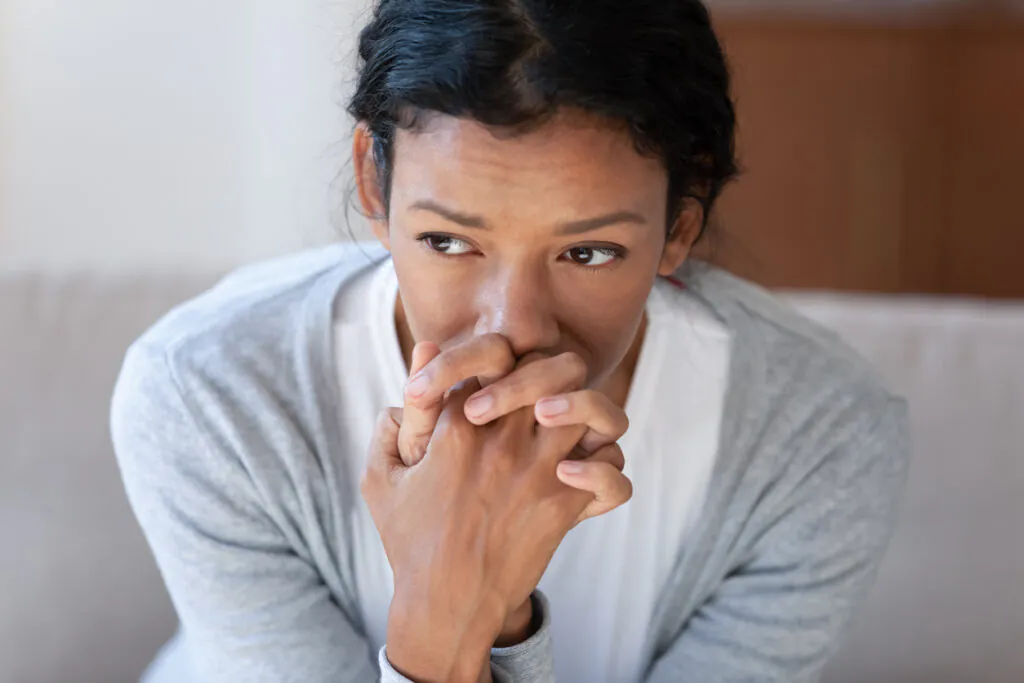Try science-backed techniques for keeping your cool (and sanity).
The last three years and recent events, has saddled us with lots of conflicting emotions. I sanely help clients cut through it and find a pool of calm in their life. Here’s how to cope with feelings of uncertainty, find inner peace, and even make a fresh start.
Feeling unsettled? Anxious? Overwhelmed? Welcome to the summer of 2022.
So, first step, is identify what you are feeling: unsettled, anxious, overwhelmed, frazzled, tired, hopeful, optimistic, stressful, exhausted, excited. Yes, just one word may not be enough to describe how you’re feeling.
The unsettling emotions are likely to stem from the general uncertainty created by pandemic life. For the brain, feelings of uncertainty are like hunger pangs to your stomach. While a stomach growl is a signal you need food, feelings of uncertainty are a signal to your brain that it needs information. The problem for many people right now is a lack of information about how life looks going forward.Information is food for our brain. When there is continuous uncertainty that we can’t resolve, that leaves people feeling anxious. They can feel overwhelmed because there’s not a resolution; the brain is not able to solve the problem. That leaves them feeling frazzled, tired, and exhausted.
The good news is that times of uncertainty are also opportunities for personal growth and building resilience. Studies show that periods of disruption, like moving to a new town or getting divorced (or living through a pandemic) can also be opportunities for breaking bad habits and starting healthy new ones. Here are some strategies to help you cope with an anxious, uncertain and hopeful summer.
1. Build on your best pandemic habits
A common source of anxiety these days is that the slower pace of pandemic life will soon be replaced by our previous, more stressful routines. Savor the slower pace. Be mindful to avoid the previous habit of over scheduling yourself. We were all forced to try Zoom or different kinds of workouts. One important thing is to be conscious of what experiments were good. What did you discover that you want to keep doing?
2. Build your distress tolerance
Worrying about what you don’t know will just make anxiety and stress worse. But accepting that some answers aren’t available right now can help you build an emotional muscle called “distress tolerance.” People with low distress tolerance often turn to unhealthy ways of coping, like substance use or spending excessive amounts of mindless time watching television or gaming. Just knowing we can’t change something, that we can’t get the information alone can be calming. The most adaptive response is to be OK with the uncertainty.
3. Regulate your calendar.
Look back on the past 14 months and identify the changes you want to keep. The gift of the pandemic is that it forced us to experiment in ways that we wouldn’t usually. Perhaps play dates can now have a sanity to them. So many ones may not be needed. To stop yourself from sliding back into old behaviors you no longer want to keep, ask yourself the questions:
- What am I getting out of this?
- Is there a new way of doing this?
- How much quiet time do I have this week?
You could be just as effective continuing the good habits of the pandemic without being away from his family as often. What to look in depth at this, call me for an appointment or Book Here.
